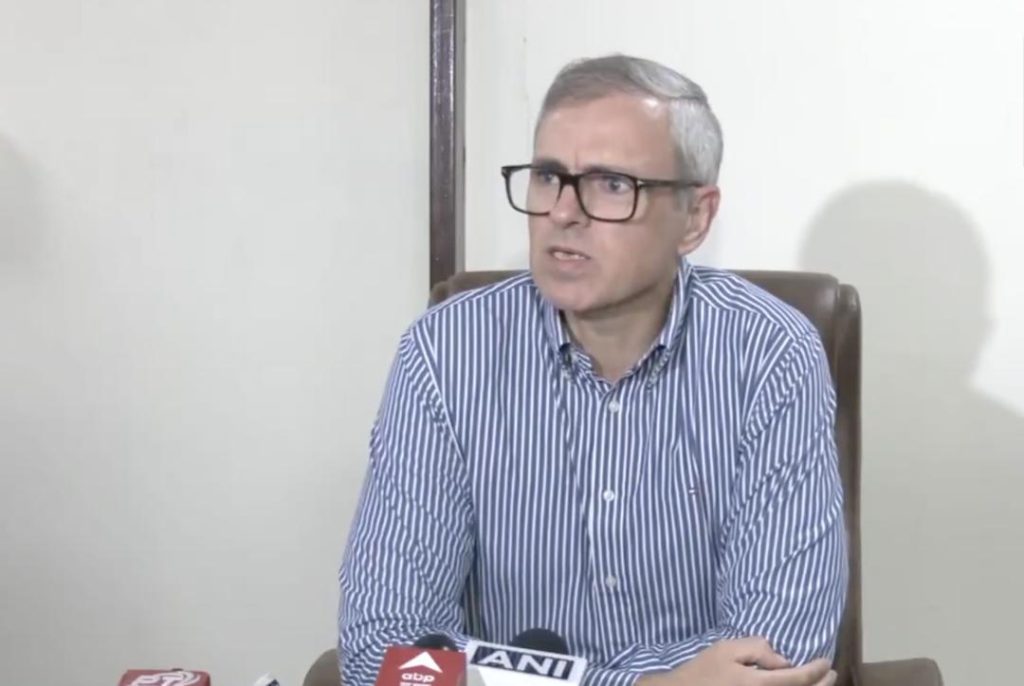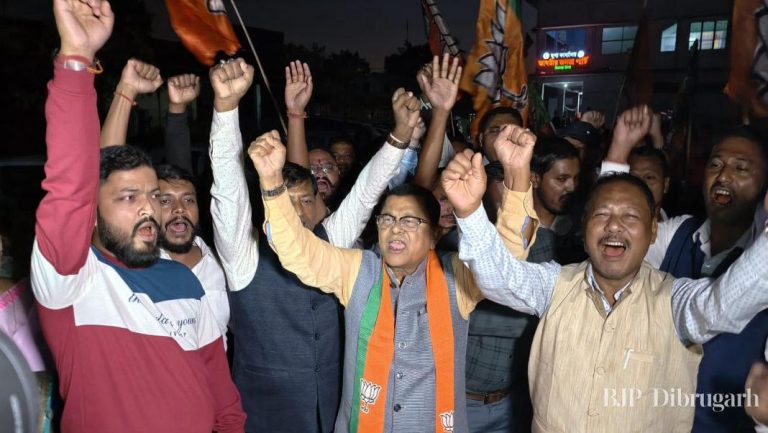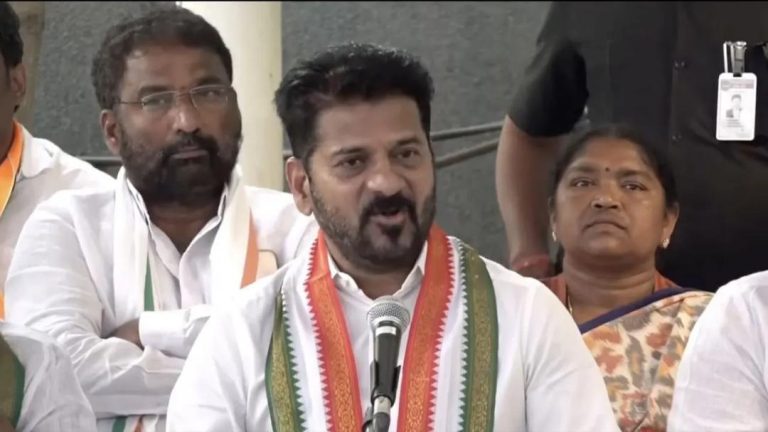
Why Should I Send Water to Punjab?: J&K CM on Canal Proposal
The debate over water sharing between states in India has been a contentious issue for a long time, and the latest development in this regard is the proposal to redirect surplus water from three western rivers of the Indus system in Jammu and Kashmir (J&K) to Punjab, Haryana, and Rajasthan. The proposal, which involves the construction of a 113 km-long canal, has sparked a heated debate, with the Chief Minister of J&K, Omar Abdullah, being the latest to express his concerns.
At a recent press conference, Omar Abdullah reacted strongly to the proposal, saying, “Why should I send water to Punjab? Punjab already had water under the Indus Waters Treaty.” He also raised a pertinent question, “Did they give us water when we needed it?” These remarks are a clear indication of the deep-seated mistrust and animosity that exists between J&K and Punjab over the sharing of water resources.
The Indus Waters Treaty, signed in 1960, is a bilateral agreement between India and Pakistan, which outlines the sharing of the waters of the Indus River and its tributaries. Under the treaty, Pakistan is entitled to receive a certain amount of water from the rivers, and any changes to this allocation require the consent of both countries. However, over the years, there have been several disputes between India and Pakistan over the interpretation and implementation of the treaty.
The latest proposal to redirect surplus water from J&K to Punjab, Haryana, and Rajasthan is seen by many as a violation of the Indus Waters Treaty. The treaty allows for the diversion of water from the western rivers (Jhelum, Chenab, and Indus) for irrigation purposes, but any such diversion must be done in consultation with Pakistan. The proposal, however, appears to be a unilateral decision taken by the central government without consulting Pakistan.
Omar Abdullah’s concerns are not unfounded. J&K has been facing a severe water crisis for several years, with the state’s water resources being severely depleted due to a combination of factors, including population growth, climate change, and over-extraction of groundwater. The state’s water storage capacity is already stretched to the limit, and any further diversion of water to other states would only exacerbate the crisis.
Moreover, J&K has been a net water-deficient state for several years, and any diversion of water to other states would further worsen the situation. The state’s agricultural sector, which is the backbone of its economy, is heavily dependent on irrigation, and any reduction in water availability would have severe consequences for the sector.
The proposal to redirect water from J&K to other states is also seen as a means to address the water scarcity faced by Punjab, Haryana, and Rajasthan. These states have been facing severe water scarcity due to a combination of factors, including population growth, industrialization, and climate change. However, instead of addressing the root causes of the water crisis, the proposal seeks to divert water from J&K, which is already facing a severe water crisis.
The debate over water sharing between states in India is complex and nuanced, and any solution must take into account the interests and needs of all the stakeholders. The proposal to redirect surplus water from J&K to Punjab, Haryana, and Rajasthan is a short-sighted solution that fails to address the root causes of the water crisis faced by these states.
Instead, the central government should focus on addressing the water crisis faced by J&K and other water-deficient states through a combination of measures, including conservation, efficient use of water resources, and sustainable agriculture practices. The government should also engage in dialogue with Pakistan to resolve the outstanding issues related to the Indus Waters Treaty and ensure that any changes to the treaty are made in a transparent and equitable manner.
In conclusion, the proposal to redirect surplus water from J&K to Punjab, Haryana, and Rajasthan is a flawed solution that fails to address the root causes of the water crisis faced by these states. Instead, the central government should focus on addressing the water crisis faced by J&K and other water-deficient states through a combination of measures, including conservation, efficient use of water resources, and sustainable agriculture practices. The government should also engage in dialogue with Pakistan to resolve the outstanding issues related to the Indus Waters Treaty and ensure that any changes to the treaty are made in a transparent and equitable manner.
Source:






